|
|
|
Editor's note
|
|
The fascinating history of Zulu language radio dramas in South Africa offers a tale that runs counter to the design of apartheid, which used the state media as a mouthpiece for white minority rule. Liz Gunner reveals how these dramas played into current events and everyday black life, forging a sense of self and community and creating new role models, a legacy that lives on today.
|
Charl Blignaut
Arts, Culture and Society Editor
|

|
|
Top Story
|
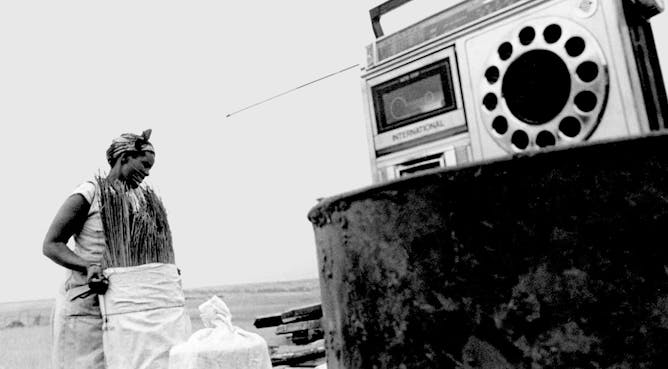
Cambridge University Press
Prof Liz Gunner, University of Johannesburg
Even though they were a product of apartheid's propaganda broadcasting machine, Zulu language radio dramas proved subversively powerful by reflecting communal black life and creating new stars.
|
Education
|

Jan Botha, Stellenbosch University; Gabriele Beata Vilyte, Stellenbosch University; Miné de Klerk, Stellenbosch University
In a resource constrained environment, doctoral supervisors can benefit from professional development courses presented fully online
| |

Ademola Johnson Ajuwon, University of the Witwatersrand; Christoph Pimmer, University of Applied Sciences Northwestern Switzerland
How Whatsapp supports nurse students in Nigeria and helps them transition into the workplace.
|
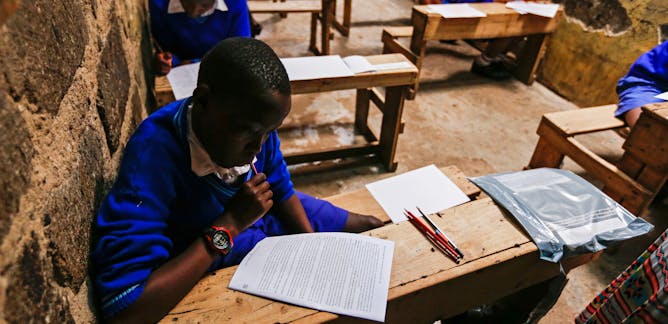
Moses Ngware, African Population and Health Research Center
At the current rate, technical and vocational education and training will overtake the university budget in the next five to 10 years
| |
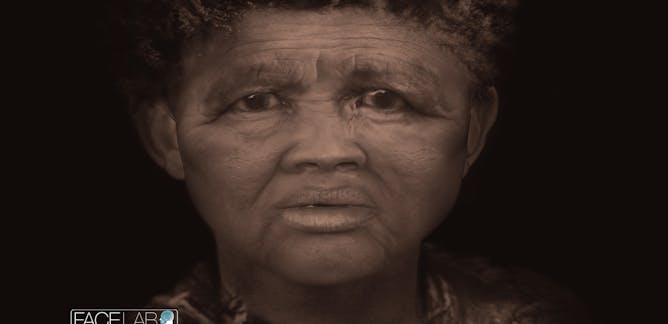
Victoria Gibbon, University of Cape Town
When the University of Cape Town discovered skeletons in its archive that had been unethically obtained and used, they set about restoring justice to the bones and the community they came from.
|
|
|
Politics + Society
|
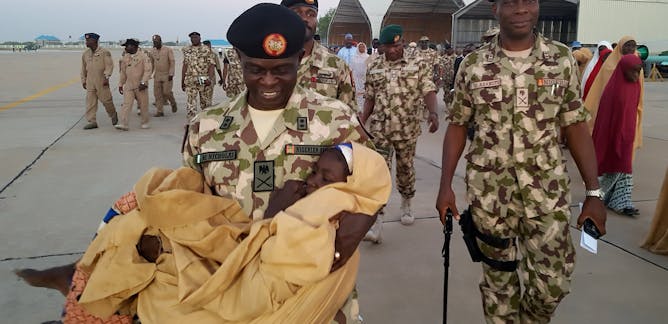
Jideofor Adibe, Nasarawa State University, Keffi
It's been a decade since Boko Haram morphed into a violent, radicalised, Jihadist sect after the death of its founder. Since then it has caused untold harm in Nigeria.
| |

Justin Scott Schon, University of Florida; Elizabeth Baldwin, University of Arizona; Jennifer N. Brass, Indiana University; Lauren M. MacLean
Contrary to stereotypes of nepotism and corruption, African governments such as Ghana's work hard to respond to need over politics. They can mostly resist politics, but not entirely.
|

Christi van der Westhuizen, Nelson Mandela University
The white liberal establishment, both inside and outside the Democratic Alliance, holds on to its race-blindness by distorting the South African idea of “non-racialism”.
| |

George M. Bob-Milliar, Kwame Nkrumah University of Science and Technology (KNUST)
Minority parties in Ghana have found ways to stay relevant in elections despite their declining electoral numbers
|
|
|
Health + Medicine
|
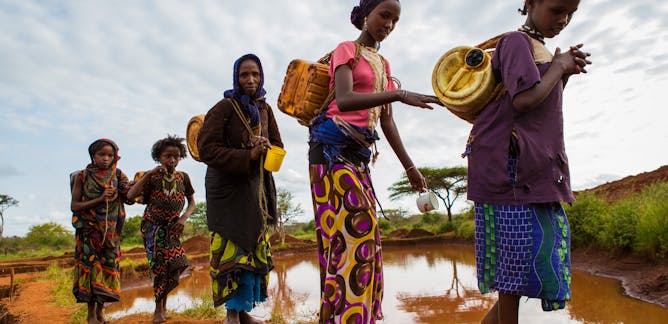
Alex Ezeh, Drexel University
The aim is to reduce maternal deaths, address the unmet need for family planning and end gender-based violence by 2030.
| |
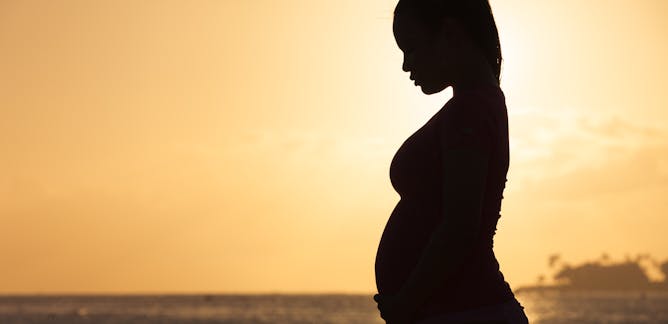
Kate Pincock, University of Oxford
Tanzania's government must focus on the drivers of teenage pregnancy, which are entirely overlooked in current punitive policies, instead of expelling and arresting schoolgirls.
|
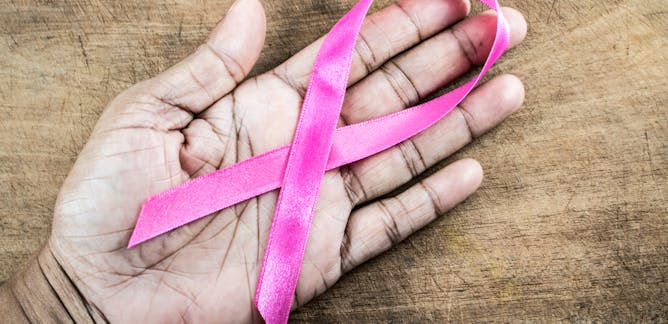
Emily Mendenhall, Georgetown University
Late detection of breast cancer means treatment is often drastic and frightening for patients.
| |
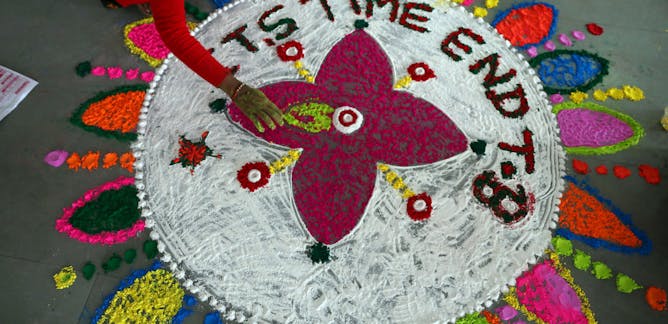
Emily Wong, Harvard Medical School ; Al Leslie, UCL; Mohlopheni Jackson Marakalala, UCL
Many of the most fundamental aspects of TB disease remain unknown. For example, after exposure to the organism that causes TB, why do only some people get infected and only some of those fall ill?
|
|
|
Environment + Energy
|
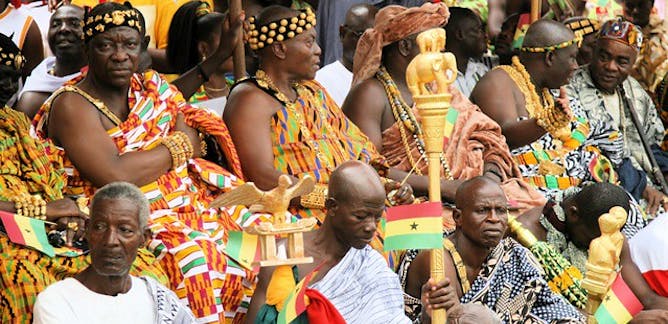
James Boafo, The University of Queensland
The institution of chieftaincy in Ghana must be involved if illegal mining is to be curbed
| |
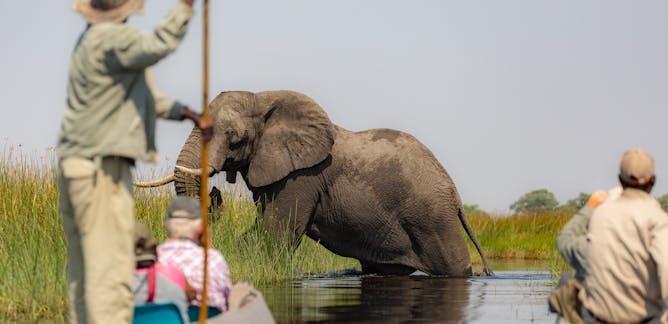
Michael Murray-Hudson, University of Botswana; Olivier Dauteuil, Université Rennes 1
It's imperative that we understand what creates and sustains the delta for the future management of the system.
|
|
|
Podcasts
|

Ozayr Patel, The Conversation
Women have to push through barriers to access higher education.
| |
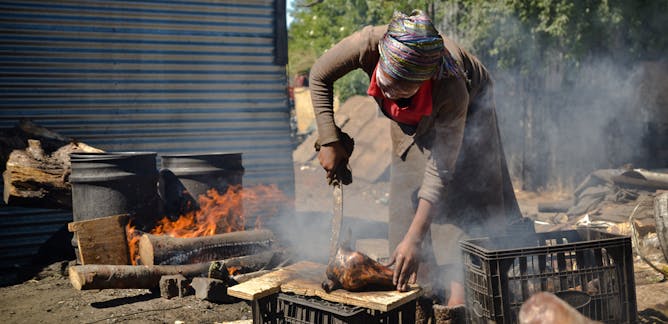
Ozayr Patel, The Conversation
To break the cycle of poverty and malnutrition, the government needs to ensure that children have access to sufficient healthy food.
|
|
|
| |
| |
| |
| |
Would you like to republish any of these articles?
|
|
It’s free to republish, here are the guidelines.
Contact us on africa-republish@theconversation.com in case you need assistance.
|
| |
| |
| |
| |
|
|
|
|
|
|
|